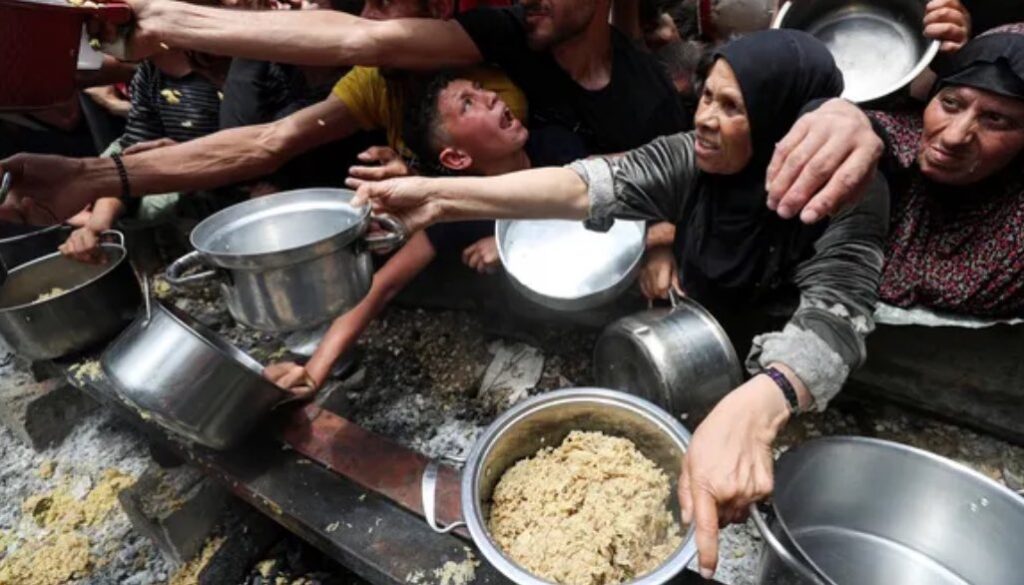Gaza’s Humanitarian Crisis: Why Are 14,000 Babies at Risk of Death?
The United Nations has issued a chilling warning: 14,000 babies in Gaza are at risk of dying within the next 48 hours unless urgent food and medical aid is delivered. UN humanitarian chief Tom Fletcher labeled the situation “catastrophic” after only five trucks of baby food and nutrition were allowed in following an 11-week total blockade—a gesture he described as “a drop in the ocean.”
This humanitarian disaster traces back to October 2023, when Israel imposed a severe blockade on Gaza following a deadly attack by Hamas. Since then, borders have remained tightly sealed, leading to extreme shortages of food, medicine, and essential supplies. Gaza’s most vulnerable—its babies—are now bearing the brunt. The UN reports over 93% of children in Gaza (around 930,000 kids) are at imminent risk of famine, with dozens of children already dead from malnutrition since March.
Gaza faces a dire humanitarian crisis: no aid has entered since March 2, 2025, leaving 2.1M people at risk of famine. UN’s Tom Fletcher warns, “14,000 babies could die in the next 48 hours” without urgent aid.https://t.co/1buqiExUkg
— Nitish Kumar (@nitishkumaraisa) May 20, 2025
Infants, unlike adults, cannot survive without specialized nutrition—baby formula, supplements, sterile water, and hospital care. But the blockade has crippled health services. Neonatal units are barely functioning, mothers are unable to produce milk due to stress and malnutrition, and humanitarian corridors remain tightly controlled or closed. The result: babies are dying from hunger, thirst, and lack of care—not crossfire.
Why Is International Pressure Rising, and What’s the Urgency Now?
With the risk of mass infant deaths looming, global pressure on Israel is intensifying. Countries like the UK, France, and Canada have spoken out, condemning the aid restrictions and warning of joint international consequences if the situation doesn’t improve. These governments, along with the UN, are demanding full, unhindered humanitarian access into Gaza. Aid is available—trucks are ready at key checkpoints—but they’re not being allowed through in numbers needed to prevent catastrophe. As of now, only token aid deliveries have been permitted, grossly inadequate for a region where over 2 million people live under siege conditions. Humanitarian agencies report that basic medical items, baby food, clean water, and electricity are critically low. In this environment, even treatable illnesses and hunger become fatal for infants. UN officials are now calling the crisis a preventable mass-death scenario if action is not taken immediately.
This isn’t just about food—it’s about time. The next 48 hours are critical, especially for newborns and infants already weakened by weeks of starvation. Without urgent intervention, thousands of preventable deaths could mark one of the worst humanitarian failures in modern history.





















